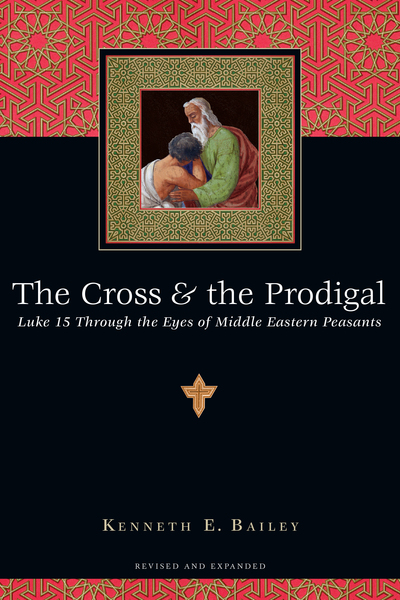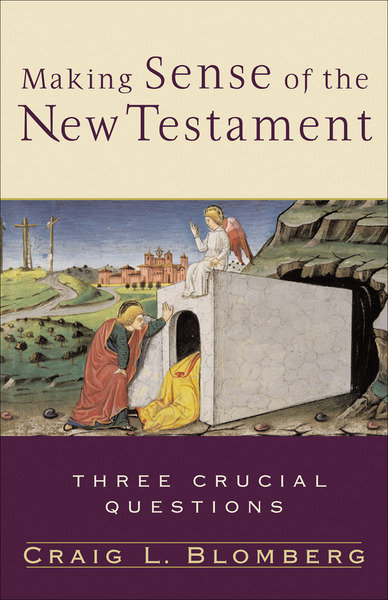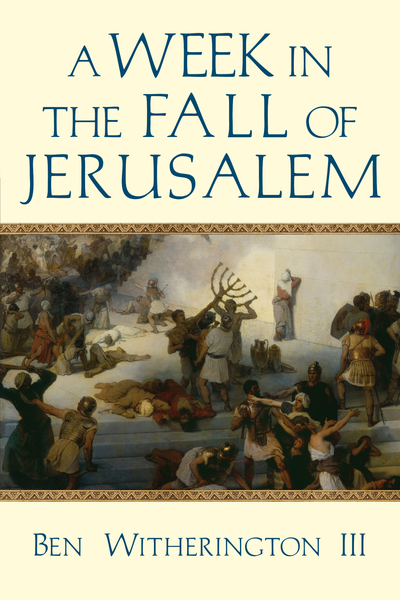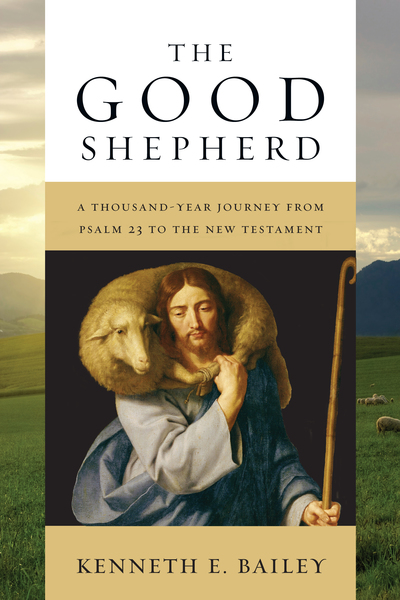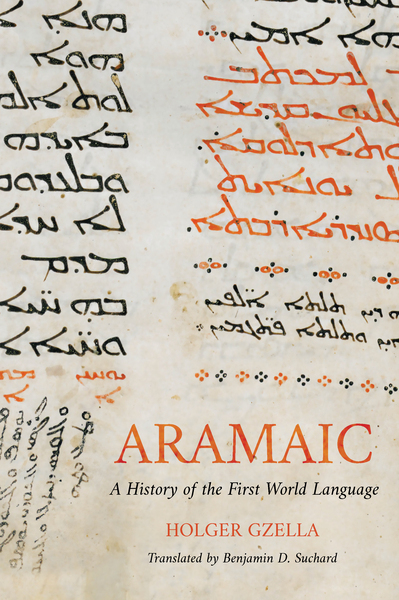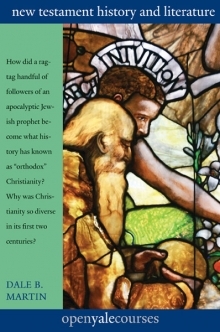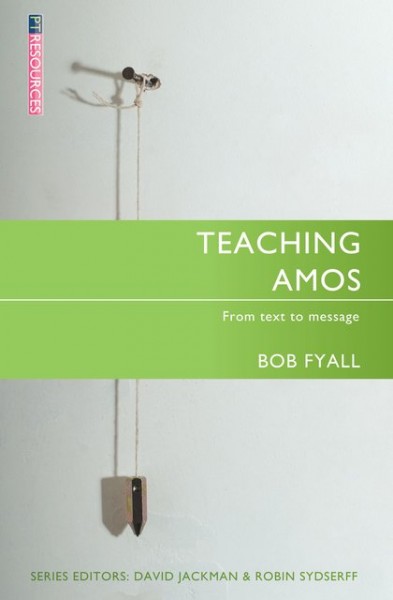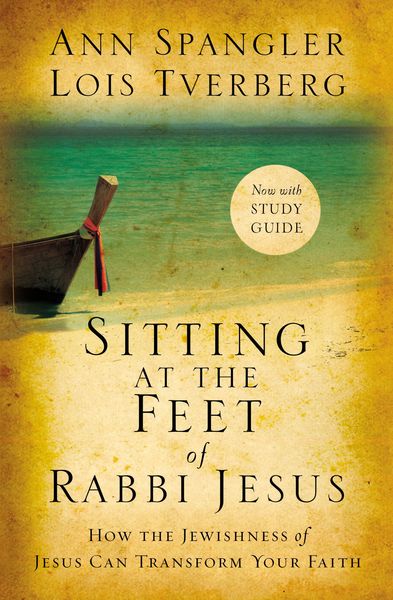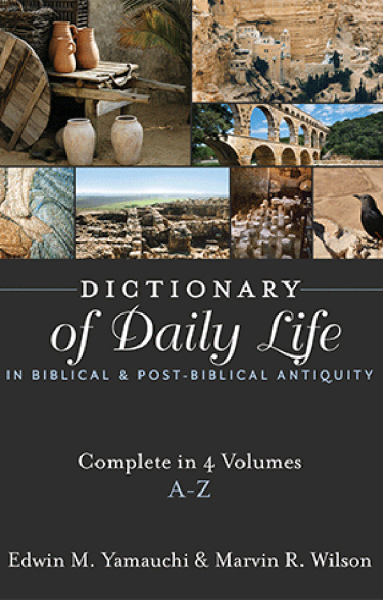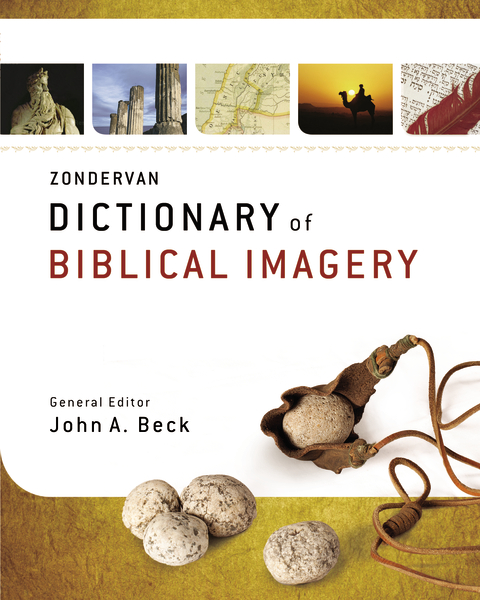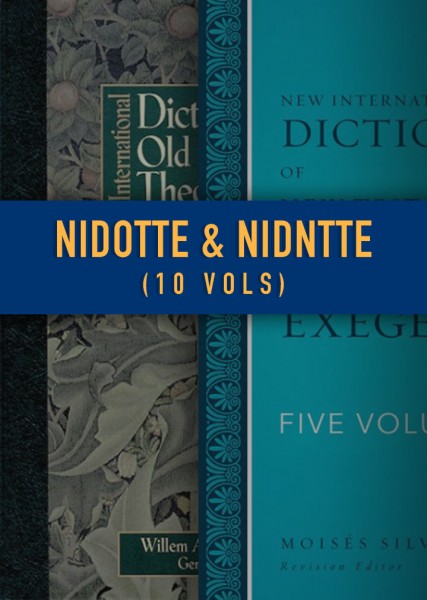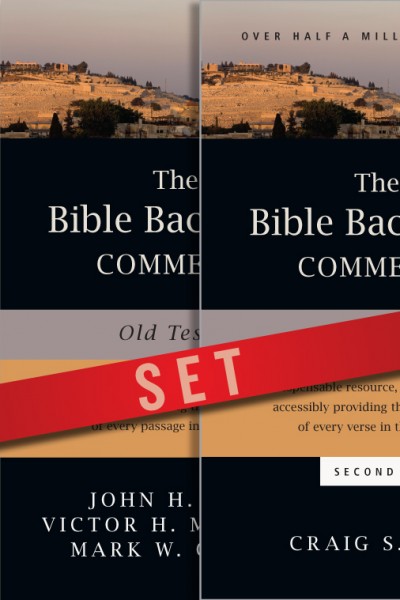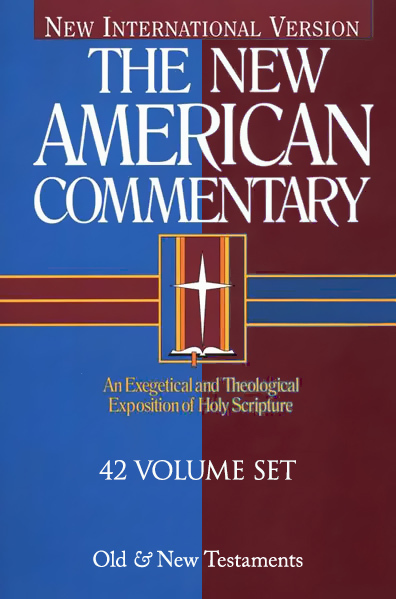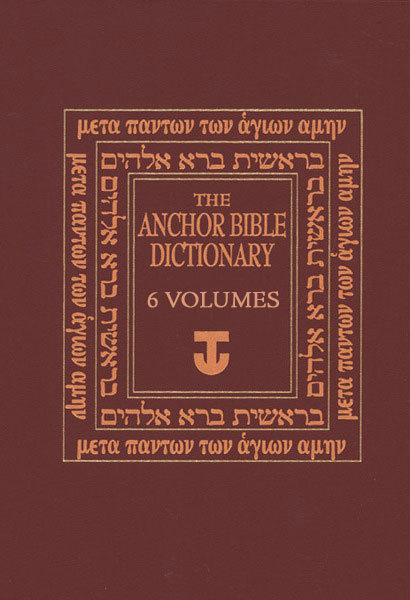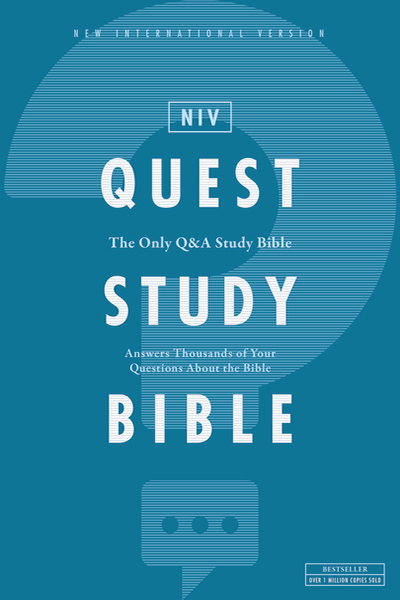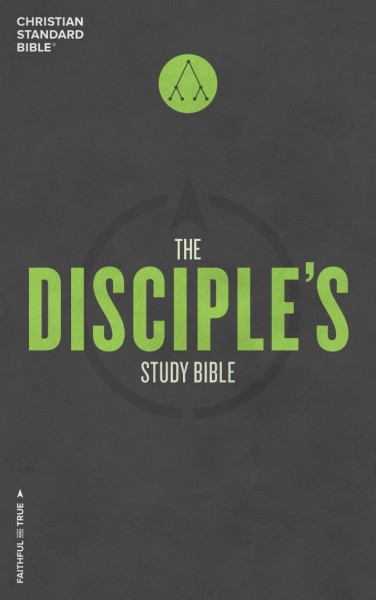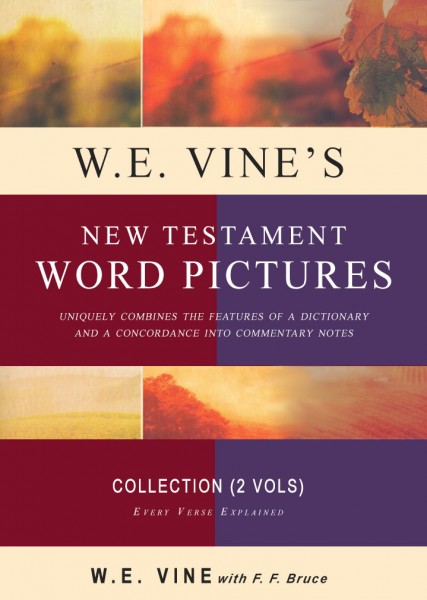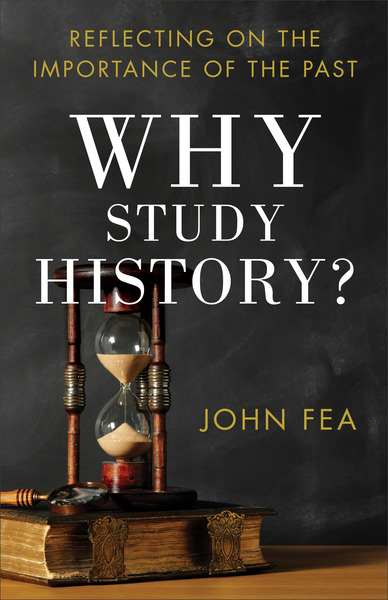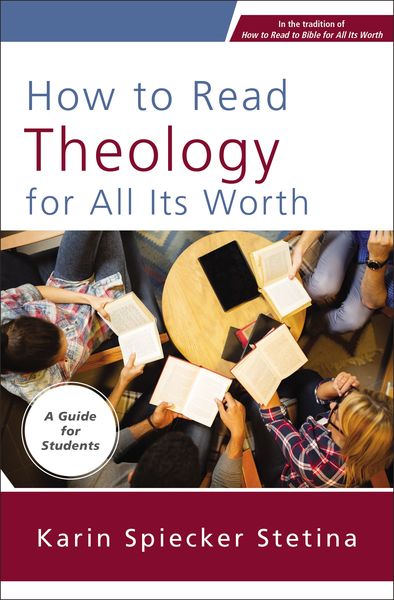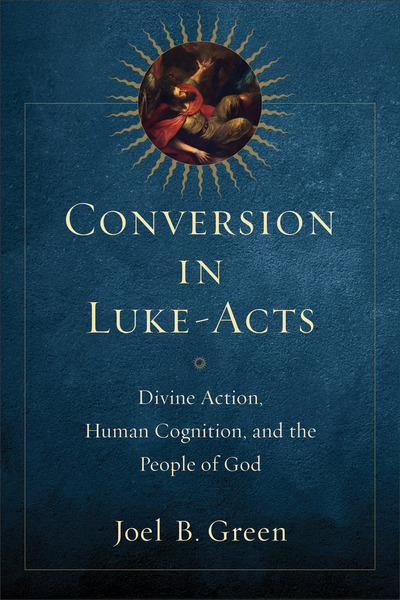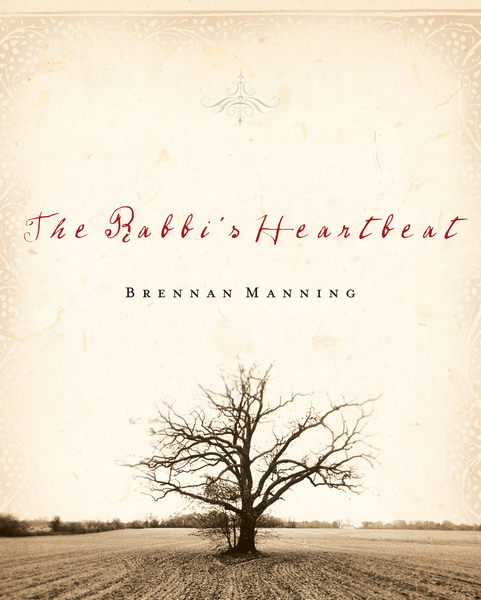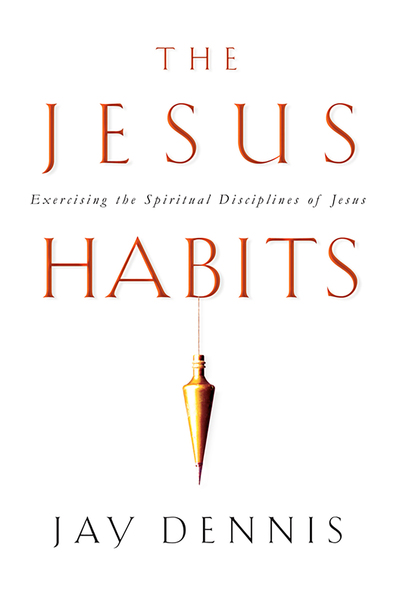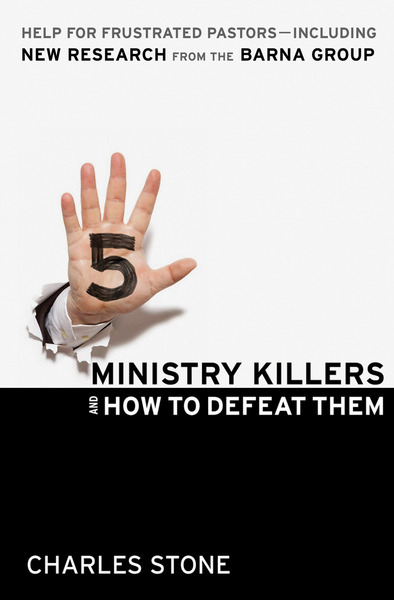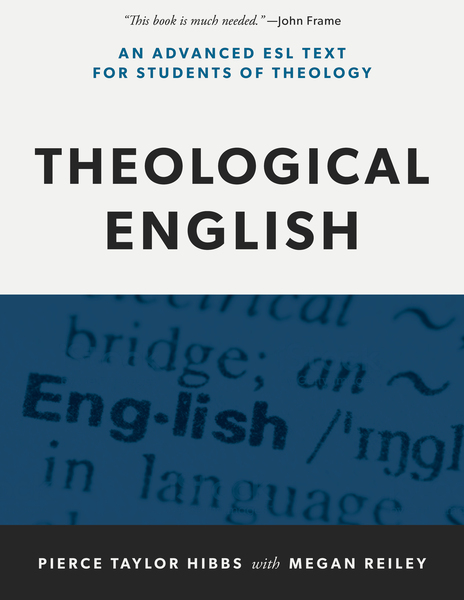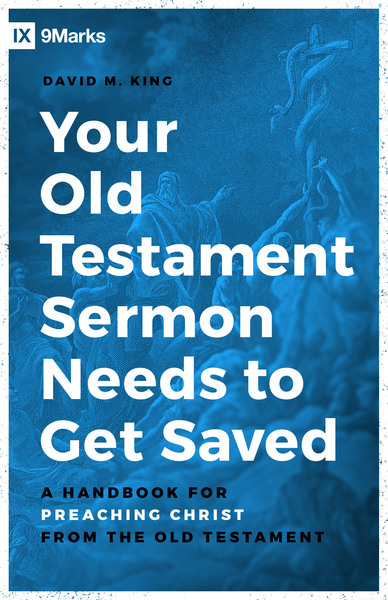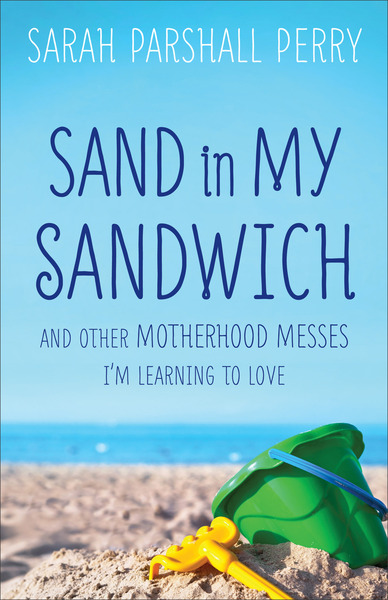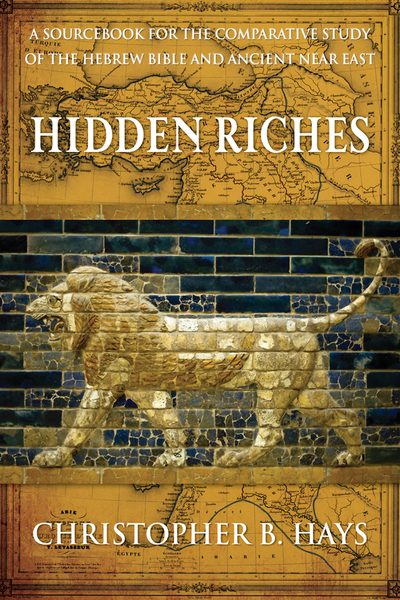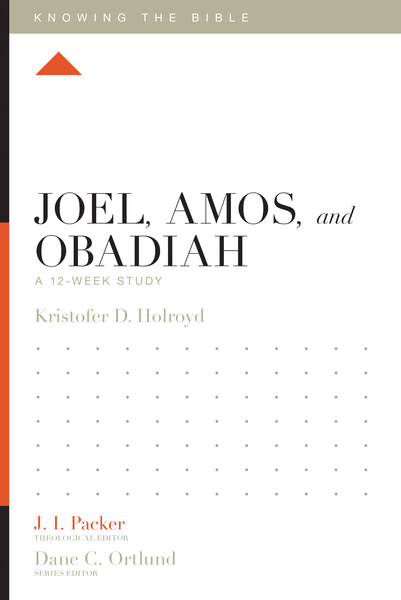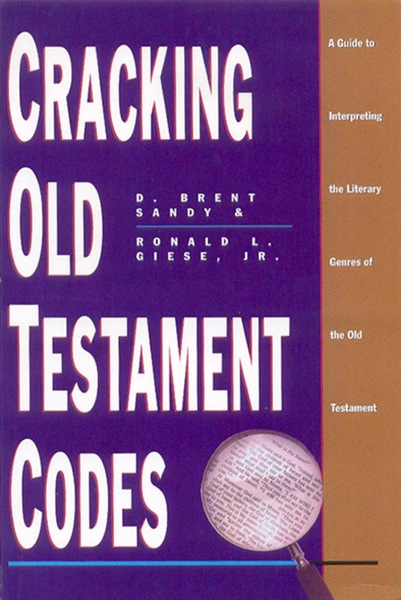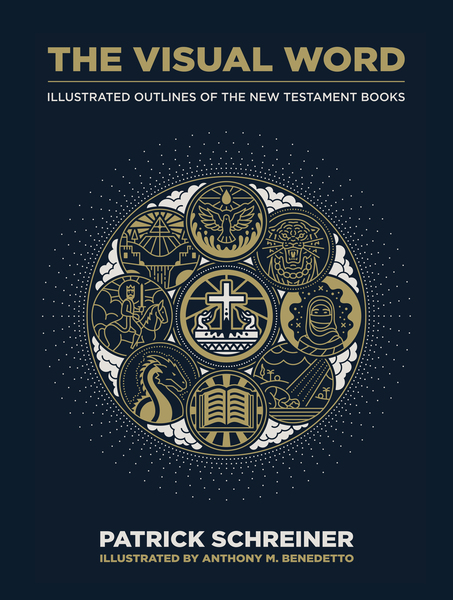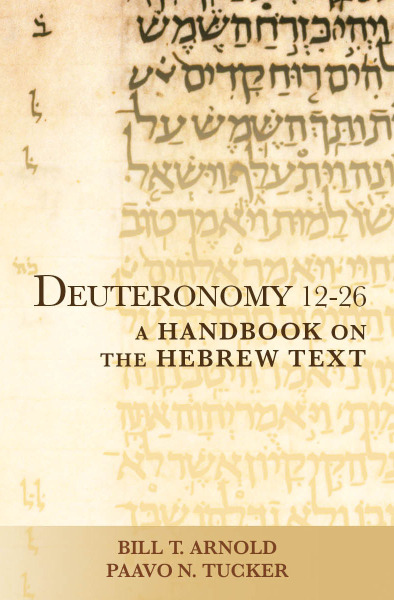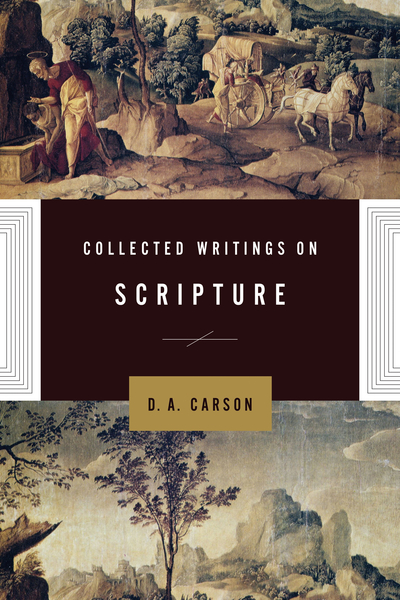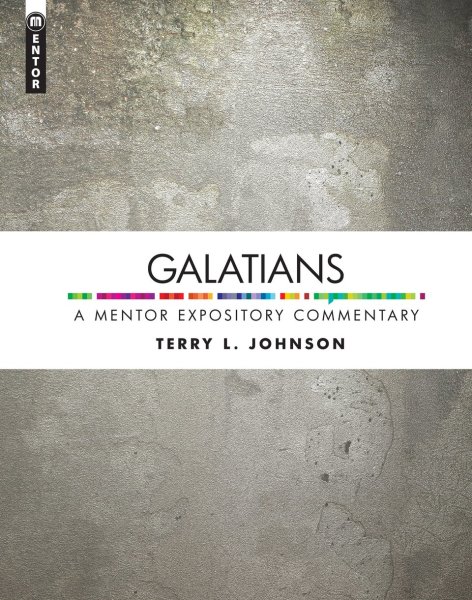

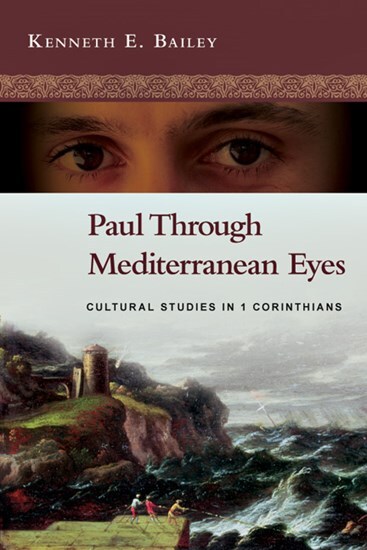

Paul was a Hebrew of the Hebrews, steeped in the learning of his people. But he was also a Roman citizen who widely traveled the Mediterranean basin, and was very knowledgeable of the dominant Greek and Roman culture of his day. These two mighty rivers of influence converge in Paul's first letter to the Corinthians.
With razor-sharp attention to the text, Kenneth Bailey examines the cultural milieu and rhetorical strategies that shaped this pivotal epistle. He discovers the deep layers of the Hebraic prophetic tradition informing Paul's writing, linking the Apostle with the great prophets of the Old Testament.
Throughout, Bailey employs his expert knowledge of Near Eastern and Mediterranean culture to deliver to readers a new understanding of Paul and his world. Familiar passages take on a new hue as they are stripped of standard Western interpretations and rendered back into their ancient setting.
Reviews
"New Testament scholars recognize Kenneth Bailey as that rare interpreter with intimate knowledge of Middle Eastern culture, ancient and modern. His latest volume now reveals rumination of the rhetoric that serves Paul's theology and ethics. Bailey's signal achievement is to rebut readings of 1 Corinthians as a haphazard document, obscurely reasoned. At once learned and deeply personal, this commentary will surely stimulate productive debate in the exegesis of one among Paul's weightiest letters." - C. Clifton Black, Otto A. Piper Professor of Biblical Theology, Princeton Theological Seminary
"A veteran student and observer of the Middle East, Ken Bailey has distilled his knowledge and experience in this work of deep pastoral sensitivity, allowing the apostle Paul to come into his own in a way that a conventional reading of Paul does not allow or encourage. Bailey's work teems with learning and insight, and, buoyed by a clear, lively style, it instructs as well as it illuminates and elevates. The book is a model of biblical scholarship freed of the cobwebs of the study, and consecrated to the life-giving work of the church. It is a 'double-decker sandwich,' to use Bailey's own figure, in which the sandwich is no less nourishing than the meat between the sandwich. I began reading it and couldn't put it down. Go and do thou likewise." - Lamin Sanneh, D. Willis James Professor of World Christianity, Yale Divinity School
"Ken Bailey is pure gold. No writer I can think of has been a greater help for teaching the Scriptures with freshness and clarity. What a gift to have his insights on Paul." - John Ortberg, Menlo Park Presbyterian Church
"Bailey's warm pastoral style, up-to-date scholarship and attention to theology make for an excellent exposition of Paul?s argument in 1 Corinthians. His unparalleled knowledge of the New Testament in Arabic translation, coupled with his lifetime of experience in the Middle East, gives Bailey a unique perspective on the biblical text. Highlighting Paul's rhetorical argument and extensive use of Jewish Scriptures, Bailey's work is a rare commentary that serves both pastor and layperson. This book sets a high standard for clarity and practical wisdom in the field of biblical exposition." - Lynn H. Cohick, professor of New Testament, Wheaton College
"Well-known for his numerous works on Jesus and the Gospels through Middle Eastern eyes, Kenneth Bailey now turns his attention to Paul's writing as he provides a powerful and passionate reading of 1 Corinthians within its Jewish and eastern Mediterranean contexts. Suggesting that 1 Corinthians is an 'apostolic homily' written within the framework of Old Testament 'prophetic homily,' this work itself can be considered as a modern 'homily' that skillfully allows Paul's message to touch the hearts of the contemporary audience. Particularly worth noting is Bailey's reading of this epistle through the lens provided by Arabic, Syriac and Hebrew translations from the fourth century up to the modern period. To students of the New Testament text, this provides an invaluable resource for the history of the reception of Paul's message to the Corinthian believers. To the general audience, this also serves as a helpful reminder of the significance of the long history behind our appropriation of the sacred texts." - David W. Pao, chair and associate professor of New Testament, Trinity Evangelical Divinity School
"Yet another commentary on 1 Corinthians? Hardly. With this book Bailey opens a new genre in the rhetorical analysis of this famous and difficult New Testament letter. He argues that 1 Corinthians consists of five essays and each has a common ancient rhetorical structure ("ring composition") missed by most exegetes. Paul was a trained rabbi, had memorized vast amounts of his scriptures and knew how to write a polished public letter using ancient Hebrew forms (particularly from Isaiah). But in addition, Bailey is using tools unavailable to the average scholar: twenty-two ancient translations of 1 Corinthians into Arabic, Syriac and Hebrew, as well as commentaries dating as far back as ninth-century Damascus. This book is a gold mine of astonishing new discoveries, crosscultural insight and sound pastoral wisdom. It will inevitably join the ranks of the great and important books on this epistle." - Gary M. Burge, professor of New Testament, Wheaton College
"Kenneth Bailey sets forth a courageous proposition that Paul's first letter to the Corinthians was in fact written as a circular letter for all the churches. As he works through the letter, Bailey--drawing on neglected Syriac commentaries and his Middle Eastern experiences--presents a gem-laden exposition of 1 Corinthians that engages topics of Christian unity, the cross, living in a pagan culture, men and women in worship, and the resurrection. This is a study on 1 Corinthians like none other I have seen. A truly unique approach to studying a Pauline letter." - Michael F. Bird, Lecturer in Theology, Crossway College, Queensland, Australia
Kenneth E. Bailey (1930–2016) was an acclaimed author and lecturer in Middle Eastern New Testament studies. An ordained Presbyterian minister, he served as canon theologian of the Anglican Diocese of Pittsburgh. The author of more than 150 articles in English and in Arabic, his writings include Jesus Through Middle Eastern Eyes, The Good Shepherd, Open Hearts in Bethlehem (A Christmas Musical), and The Cross and the Prodigal.
Bailey spent forty years living and teaching in seminaries and institutes in Egypt, Lebanon, Jerusalem, and Cyprus. For twenty of those years he was professor of New Testament and head of the biblical department of the Near East School of Theology in Beirut where he also founded and directed the Institute for Middle Eastern New Testament Studies. Bailey was also on the faculty of The Ecumenical Institute for Theological Research in Jerusalem. Traveling around the globe to lecture and teach, Bailey spoke in theological colleges and seminaries in England (Oxford, Cambridge, Bristol) Ireland, Canada, Egypt, Finland, Latvia, Denmark, New Zealand, Australia, and Jerusalem. He was active as a Bible teacher for conferences and continuing education events in the Middle East, Europe, and North America, and he taught at Columbia, Princeton, and Fuller Seminary.

